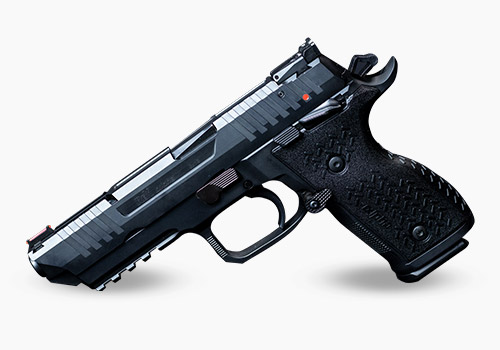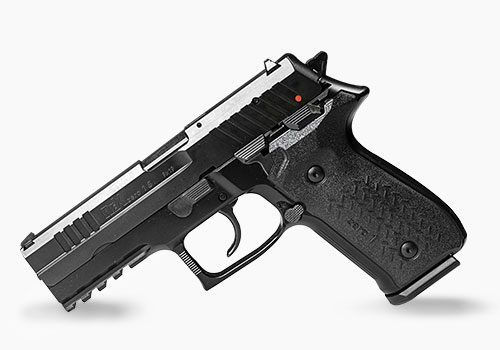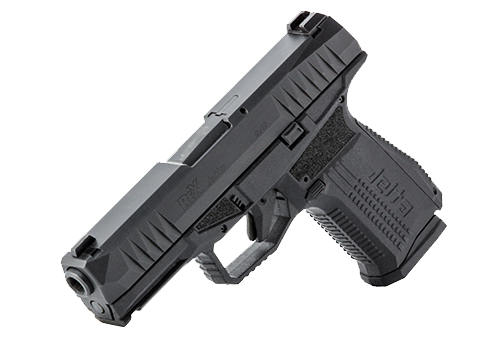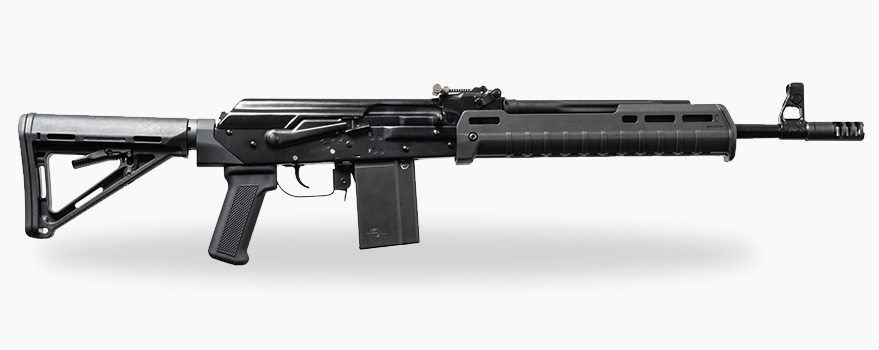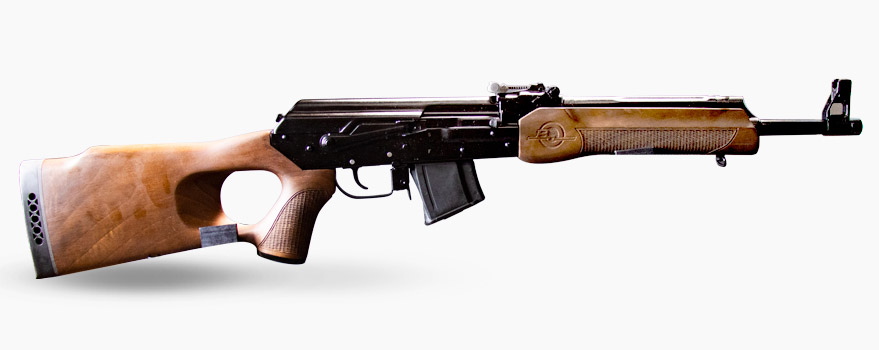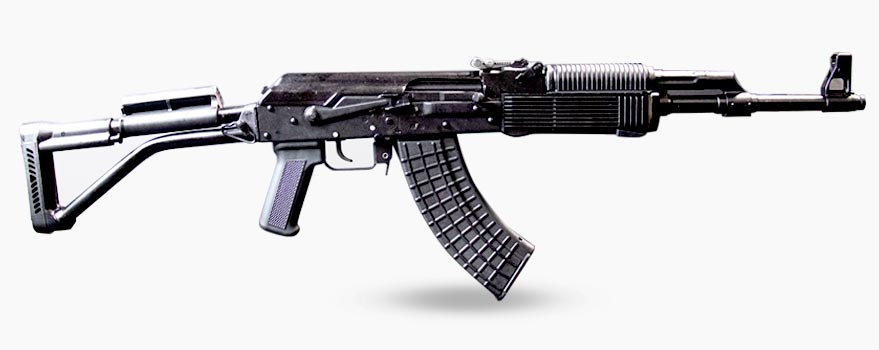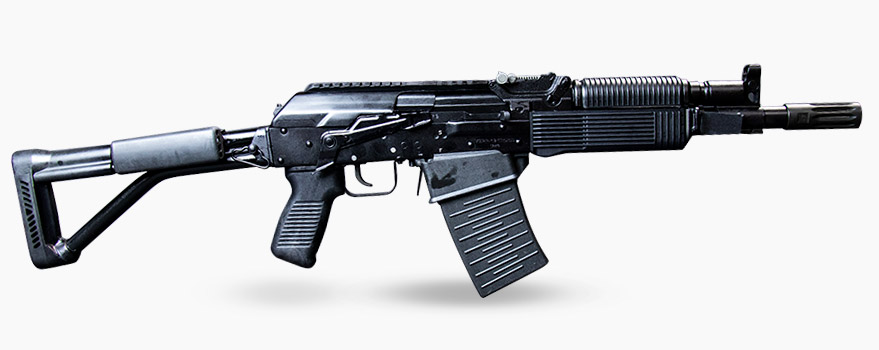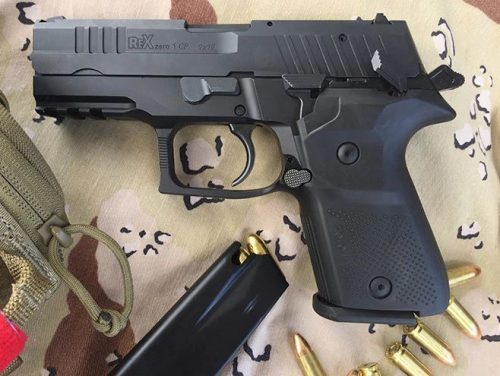Guns.com — On the day my gun review for the Arex’s Rex Zero 1CP pistol was published, a reader inquired about whether this gun is legal in California. The answer is, not at the moment.
The Arex factory is a multi-function center whose primary manufacturing focus is tools. Influences from the defense industry, and the company’s purchase of high-end CNC machining equipment, evolved into the development of the Rex pistols. Arex is, according to company reps, a household name in eastern Europe, akin to, say, Snap-On Tools in the United States.
The Rex line is imported by FIME Group of Las Vegas, Nevada. The guns bear both Arex and FIME branding.
FIME Group may present the pistol, with a reduced-capacity magazine of course, to the California Department of Justice for approval. So the handgun may not be on unapproved status forever.
The Rex Zero 1CP — CP identifies the compact version — is not to be confused with a sub-compact. It’s big enough to show up at the range with the full-size guns and not be at a disadvantage.
Maybe a better comparison is this: think of a Sig P220 carry model (which does offer a CA legal variant). Now think of the Rex Zero 1CP. There. With a few subtle differences, mostly in grip angle and configuration, the Rex (with its 3.85-inch barrel) is a Sig P220 clone — for a lot less money.
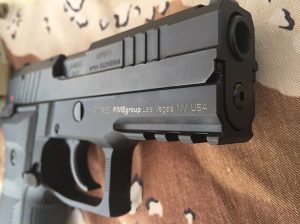
California’s certified handguns list — that is, those approved for sale by dealers within the state — is short in comparison to its 61-page list of handguns removed from approved status. That list dates back to 2001. The first firearm to be banned from sales was the Kimber Poly Stainless II, in 45 ACP with a 5-inch barrel.
Many gun manufacturers have spent significant capital in creating guns for the large but hamstrung Golden State consumer. Low-capacity magazines, loaded chamber indicators, and approved locking devices to be packaged with the firearm are just three requirements. The state has its own safety evaluation standards which includes live fire and drop test measures. Testing of sample firearms, provided to the state’s contracted testing company, NTS, is all done at the manufacturer’s expense.
Another gray area (or brick wall, if you’re a pessimist) is microstamping. Since 2013 microstamp requiring legislation has been blamed for keeping any new semi-autos off of CA’s approved handguns list (as has been the case with all 4th generation Glocks). This is because, as far as I know, there is no company that utilizes this technology.
For full article click here.
